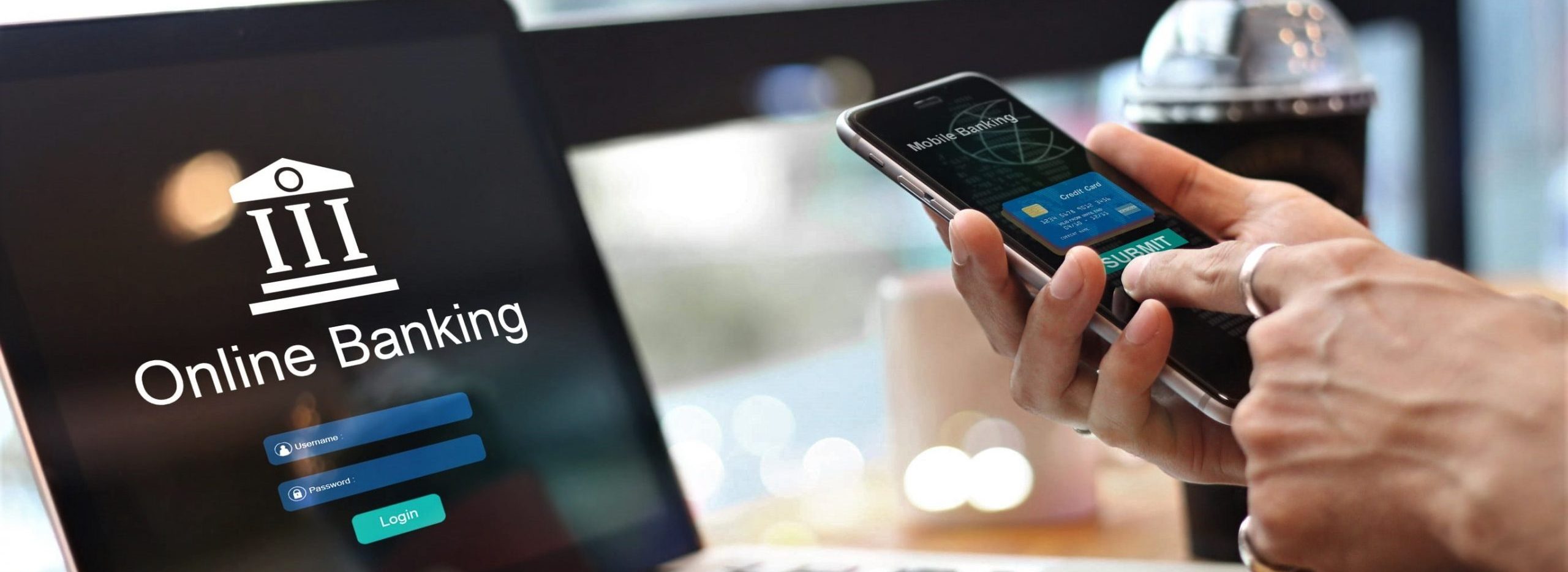DBS is the Southeast Asia’s biggest bank headquartered in Singapore. It operates across 18 countries and has a major presence […]
Read more
The Dutch banking sector has a long history that resulted in a stable banking environment and excellent reputation of the banks. International companies, Dutch companies and private individuals value this country’s banking system for modern, reliable and extensive services. Its secure and well-capitalised banks become strategic partner for many businesses.
The capital of Netherlands is an important financial European centre housing the world’s largest banks. The three largest banks in the Netherlands are ABN Amro, ING Group, Rabobank. There are more than 30 banks in Netherlands. The central bank is De Nederlandsche Bank which is responsible for maintaining price stability and supervising banks. Other banks include commercial, mortgage and savings banks.
The official currency of the Netherlands is euro. Due to its financial status, accounts in Dutch banks can be in multiple currencies which enable to make and receive payments in any convertible currency.
Non-residents may open a bank account in the Netherlands. This applies both to individuals and companies. Many non-resident companies open Dutch bank accounts to receive payments from Dutch and EU residents and avoid extra fees. The process of opening a bank account is simple and quick subject to the compliance of bank requirements for account opening.
Dutch banks are rather innovative and allow to upload application documents through bank system. Upon approval, it is required to have a personal presence in the bank’s office, whether in the Netherlands or other country. Being part of the EU, Dutch banks conduct rather strict and detailed AML/KYC procedure. Offshore companies are closely investigated.
The Netherlands is an important player in the European market. Many companies are doing business in the country. Individuals are seeking for stable bank with excellent reputation to secure and maximise profit. On top of that, Dutch bank account gives numerous advantages:
Clients of Dutch banks may open current, savings and fixed deposit accounts. Major Dutch banks provide perfect solutions and special banking products for expats, international students, managers, etc. Companies may also open current, savings and fixed deposit accounts and get other banking solutions for their needs. It is common that no minimum deposit is required.
The exact set of documents depend on whether a client is a resident or non-resident of the Netherlands. In most cases a personal meeting is not required, unless a client is a non-resident.
For individuals a bank requires the following:
Corporate clients present the following documents:
This is a minimum set of documents. All documents should be in English or accompanied by notarized translation into English.
Corporate clients shall also fill in questionnaire about its business, customers, annual turnover.
The major banks in the Netherlands are:
Other major banks in the Netherlands are:
If you want to close your account, it can be easily done online upon termination notice. The account holder is free to return a minimum deposit secured in the account (if any). Before the account is closed, it is required to pay all outstanding fees. Available funds can be transferred to any account, whether in the Netherlands or other country.

DBS is the Southeast Asia’s biggest bank headquartered in Singapore. It operates across 18 countries and has a major presence […]
Read more
This year we have all gone through the challenging time. While we are approaching winter holidays, we wish our customers […]
Read more
Bankera is the payment institution providing modern finance solutions for individuals and businesses. It is founded and fully licensed in […]
Read more